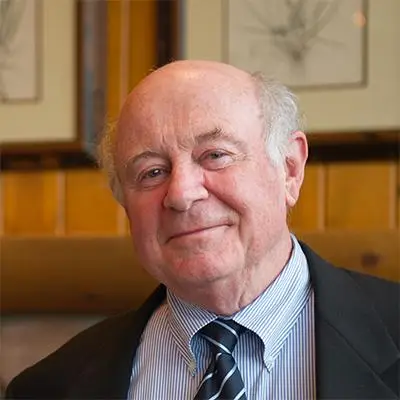Creating and transforming schools is the core work of education reform. But educational change, especially at the level of a whole city or district, is inevitably political. It requires adults to work differently, threatens some jobs, empowers parents with new choices, and makes schools’ existence depend on enrollment and academic performance.
In some cases, the education reform community has bypassed local politics by arranging mayoral control via state takeover, using foundation money to build new institutions, and importing teachers and charter operators.
However, as education reform efforts in New York City, Newark, and Hartford have shown, bypassing local politics is not a sustainable solution. A dedicated group of unions, central office staff, and parents benefit from the status quo and want to preserve it. They will fight, via electoral campaigns, demonstrations, strikes, and litigation, to stop education reform.
To sustain portfolio-style reforms, city leaders need to tap alternative sources of local support. In every city, there are large numbers of citizens who accept the existing system, warts and all, considering it inevitable. An even larger number, unhappy but despairing, have given up and moved to the sidelines. Building support among those who aren’t already committed requires more than external resources, good messages, and proof points. It requires coalition building, appeals tailored to the real interests of different groups, and serious work over the long term.
Insights from the simplest but most powerful theory of politics can supplement what city reform leaders, elected officials, and philanthropies learn from the positive and negative experiences of gifted reform leaders from Joel Klein to Michael Bennet, Cami Anderson, and Paul Pastorek. The theory:
Likens politics to a fight between two men in a street. If nobody intervenes, the stronger will win. But if the weaker fighter can get an observer to join in on his side, the dynamic changes. Neither of the original pugilists can control the results all by himself. The ultimate result depends less on the strength of the original fighters than on the behavior of the crowd.
Individuals who were not engaged at the start will enter the fray or avoid it for their own reasons. The issues at stake can evolve as parties with different agendas join on one side or the other. One former bystander might enter because he thinks a combatant is fighting dirty and wants to defend the principle of fair play, another because he identifies with the race or religion of one of the combatants, another because he hopes to make off with one fighter’s watch, another because a fighter promises to share the contents of his opponent’s wallet with anyone who will join him, and so on.
This theory, coupled with the experiences of prominent education reform leaders in a variety of cities, leaves us with six lessons:
- Elite support alone is not enough.
- Reformers need to broaden their base of support over time to individuals not directly engaged with the schools, and cause some supporters of the status quo to switch sides.
- Reformers need to anticipate and head off any efforts to associate school change initiatives with race or class oppression.
- Outside funders and the state government can help, but reformers still need to build working coalitions of local groups and individuals.
- Once reformers transform large numbers of schools, they own mistakes and failures; thus, even a strong coalition will suffer losses and must be maintained.
- Even when they are no longer dominant, groups that oppose reform won’t give up. Reformers must anticipate many cycles of conflict, not just one decisive fight.
Reformers need to expect political struggle and coalition-building to go on indefinitely. In the reform of big city schools, politics is a permanent reality, not a problem to be dispatched once and for all via the shock and awe of state takeover, outside money, and talent. The same, of course, is also true of the portfolio strategy itself—a never-ending process of assessment, needs identification, new school development, and abandonment of failures. Reformers must master politics or be overcome by them.




